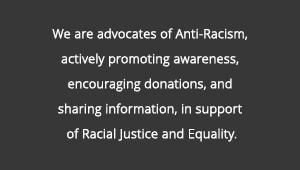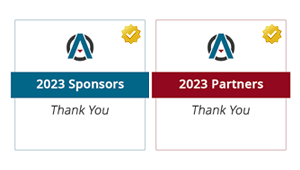Description :
Paying the payroll tax can be daunting for most small businesses. In most cases, small business owners don't know the rules involved and end up making mistakes.
The IRS further complicates matters with their (not infrequent) blunders. To help you avoid a major headache in the future, here is a brief description of five of the most common payroll tax problems to avoid.
Missed Tax Deadlines and Incorrect Depository Policies
You should be aware of the way the payroll tax is deposited, once it has been recovered from the employees. You should also be aware of the deadlines for depositing the payroll tax. Several businesses miss deadlines and end up saddled with significant penalties for a missed payment or reporting late.
To help you or any other company payroll professional remember deadlines, it's recommended that you mark out all the important country, state, federal, and local deadlines on a calendar.
In some cases, businesses miss deposits because they assume all banks have the same rules regarding the date of deposit. It's best to deposit taxes on the same day as the company collects the payroll funds.
Missing Data or Mismatched Data
Several businesses mix up the social security number and names of their employees, resulting in penalties later. This is actually such a common mistake that the Social Security Administration operates a special verification hotline. Make sure the data on your payroll records is listed out in a chronological order to avoid penalties.
Missing data may include missing records, like time sheets, W-4 forms, cancelled checks and similar documents that have to be preserved by law for up to 6 years. Other mismatched data may include classifying a temporary employee as a permanent employee.
The Right Personnel for the Job
In several cases, if you look at small businesses especially, there are no trained personnel for completing the payroll tax procedure. It's highly recommended that you hire a competent accountant for this task, to decrease the chances of problems cropping up later.
In some cases, there is just a single employee who is responsible for payroll, which puts an unnecessary burden on the employee. It's recommended that you train at least a couple of employees, so they can cross-check each other's work. This will also come in handy should your payroll manager come down with the flu at the worst possible time.
Garnishments
Garnishment is the payment made by the company on behalf of the employee to a third party. During payroll taxes, a company has to fill out a garnishment form, or several such forms. Because most companies don't understand garnishment, they often ignore the document or fill incorrect or incomplete information, which results in large fines later.
If you are unclear how you are supposed to pay garnishment and fill the form, we recommend you consult a professional.
Form Errors
Errors in filling out forms, especially W-2 forms, are very common. Several deductions have to be listed on the form, in the appropriate boxes. Sometimes companies forget the deductions, don't include the correct deductions or include them in the wrong places.
Also, it's common to see companies forgetting to send out a 1099-MISC form to any contractors or consultants associated with them before January of that year. A missed deadline results in penalties and corrective paperwork later for the company.
*by andreascy*















